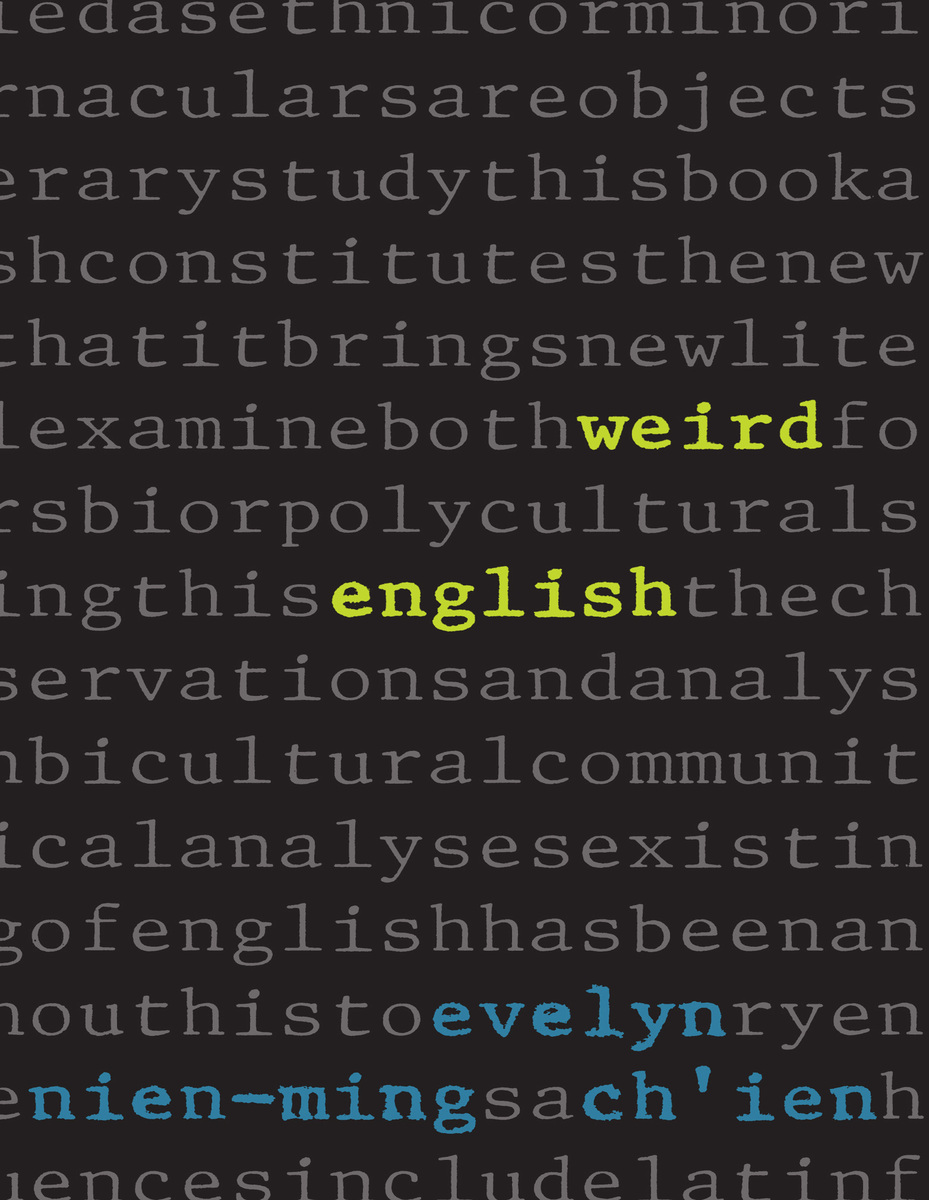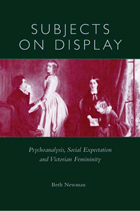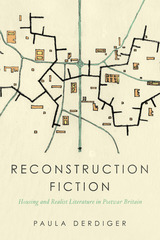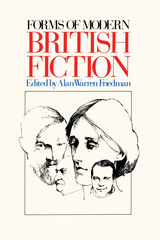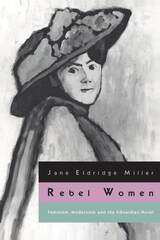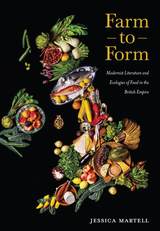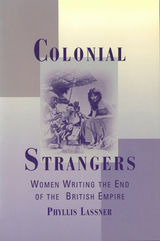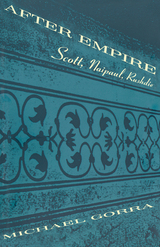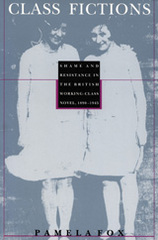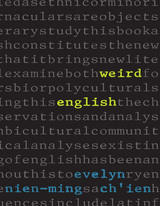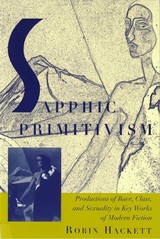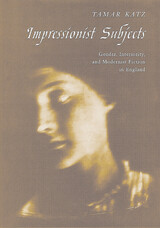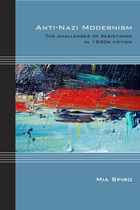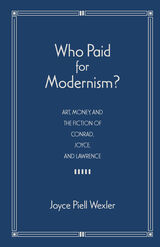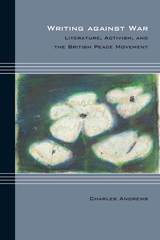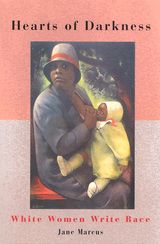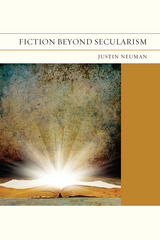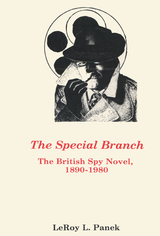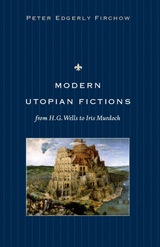Evelyn Ch'ien's Weird English offers up an innovative, risk-taking, colorful, richly textualized, and important new text which refigures our tired, familiar, or overly-representative notions of the "global postcolonial" or "US ethnic" text as literary and cultural-political event. Ch'ien's scholarly text is offbeat yet on the social aesthetic mark in a way that has never quite been done before. Weird English posits and defines the allure and tactical features of a whole new writerly genre based and rooted in the minority deformations of British and American English. Activating what she talks about as the newness, stigmata, and social struggle to achieve freedom and respect of writing in this emerging new genre she calls "weird English," Ch'ien herself writes/performs like some scholarly cross between Helen Vendler and Margaret Cho: everywhere mixing the prosodic insight and sensitivity to linguistic close-readings and aesthetic valences of the former, say, with all the sassiness, adventure, and in-your-face verve and minority-rooted freshness of the latter. "Insouciance" of language and attitude is both Ch'ien's subject and, at times, her style, as scholarship swerves into polemic, probe, joke, song, and the social energies of mongrel mixture. Her unprecedented writing on Junot Diaz is especially fine and visceral, close to the inner-American grain of its ghetto life and linguistic-social emergences, and thus grants his Spanglish a new world company and genre. Like some homegrown Deleuze, Ch'ien comes close to, articulates, and thus activates the "minority becoming" of Diaz's writing showing how the Diaz mixed-minority language is seeped in social utterance and subaltern energies, without writing them out of existence or abstracting them via the routine distances of postcolonial theory (which she later bravely and even recklessly admonished for its opaque sublimations of such social forces). In cumulative effect, then, Weird English comprises not so much a direct hit upon the US minority field-imagery as an end-run around and through its over-determined political anguish, racial melancholy, and will-to-be-canonical concerns of Asian American studies as ethnic or subaltern mission.
-- Rob Wilson, author of Re-Imagining the American Pacific and American Sublime
Nien-Ming Ch'ien makes a sophisticated theoretical argument by proposing that with the rise of world literatures in English, readers are encountering barely intelligible and sometimes unrecognizable English resulting from a combination of one or more languages with English. She terms this combination 'weird English'...Examining the works of such multicultural writers as Vladimir Nabokov, Maxine Hong Kingston, and Arundhati Roy, [she] posits that weird English obliterates the boundary between the sacred and the profane in language and demands a new literary theory...[Ch'ien's] somewhat unorthodox and vivacious style perfectly complements her argument.
-- Aparna Zambare Library Journal
Have you noticed how the English language is being relentlessly globalized? Weird English, by Evelyn Nien-Ming Ch'ien, is a celebratory take on that trend in literature...You need only be interested in things literary in order to find this an enlightening and quite fascinating read...[It] is written with verve, and presents an intriguing and important idea. Ch'ien argues that 'weirding' English allows bi-cultural writers to create a truer, more representative linguistic space for their imagined communities. They do this by displacing the rhythms of English, subverting its rules, and pollinating it with other languages--literally...Weird English is a kind of literary street law, in which ungrammatical language, patchwork syntax, linguistic stuttering and unintelligibility are not shortcomings but the tools and bricks of identity-building...Weird English is a robustly academic work, but Ch'ien's style is quite palatable--even veined with humor.
-- Mitali Saran Far Eastern Economic Review
